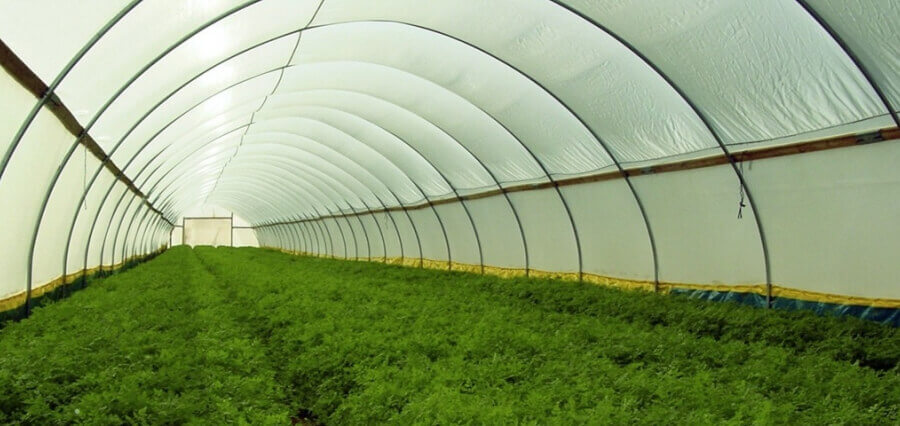With its location on the east bank of the Mediterranean Sea, Israel has a total area of 22,145 sq-km. There is a limited area for agriculture, and most of the reports highlight that the land is not suitable to support the same. The report by Tony Blair Institute for global change suggests the area is not natural for agriculture.
How did a country with a small landmass and non-agricultural soil pave the path for change in the sector?
This article highlights the challenges which Israel faced and the technology we use to overcome the same. It also provides an overview of agricultural advancements and their implications for the entire area.
The Conditions
The soil of the region is known for its poor quality. For the majority of the year, the region is arid or semiarid. The sources of natural water are scarce, and precipitation is low, and these conditions hinder Israel’s active participation in the vital export markets.
If you check the temperature in Tel Aviv by Tomorrow weather app or any other source, you will find that the average temperature of the place ranges between 11 to 35° C.
Due to the unique location of the country near the continental plates, it is prone to earthquakes. Israel rarely receives rainfall in May and September. The average rainfall in a year is around 359 mm.
It raises the crucial question of how did Israel become one of the highest producers of pomegranates, cow milk, nectarines, and palm under such conditions. The eradication of malaria within 20 years is also a puzzle for many.
The solution is innovation, and Israel led the path in practicing ways to conserve water and turn desserts green.
Drip irrigation
Transforming a desert into a thriving agricultural plot is the biggest achievement in the sector. Reversal of desertification tendencies is a feat that shows Israel’s determination to make a change.
Presently around 40% of the vegetables and fruit that the country consumes grow in the desert or the arid region. Around 90% of the melons exported today are from the Jordan Valley desert.
Drip irrigation made this possible through its application on a large scale. Although the drip irrigation technique existed in Israel before such implementation, it gained popularity only after its revolution led by Simcha Blass in the 1960s.
The use of wasteful flood irrigation leads to 70% of the world’s water content going towards irrigation. Israel’s Tipa (Drop) tech kits Drip irrigation helps water the plants even where the water pressure is absent through gravity.
Such technology helps to cut down the evaporation of water due to the arid conditions and aids the plan to observe the maximum possible water. The kits are so effective that they are now in use across other countries like South Africa, Kenya, Senegal, Nigeria, etc.
Meticulous Use of Water
The per capita renewable water available internally in Israel is only 90 cubic meters. If you compare the figure for other countries, you will find it to be 1300 in Germany, 8700 in the United States, and 2200 in the United Kingdom.
Such conditions pushed Israel to pursue techniques that helped achieve judicious water usage and turn it into a world leader in water management. This small country now leads the pack in terms of the most meticulous usage of water for industrial, agricultural, and domestic purposes.
The process takes place by putting techniques in place that collect dew from the air to water the various crops. Reusable plastic trays are prevalent in Israel with the help of Tal-Ya Water Technologies. Such trays help to cut the water consumption by the trees or crops by 50%.
Innovations in Dairy Farming
Advanced herd monitoring systems for their management and feeding are available due to the work done by SCR Precise Dairy, SAE Afikim (Afimilk), and Hof Hasharon Dairy Farm. These are currently in use across the world.
Robotic technology to milk the cattle allows the farmers to have a consistent and efficient system to be in place. It aids the activities that take place during and after the milking process.
The dairy industry in Israel is one of the most advanced and includes an effective breeding technique and policy. Israel is the world leader in milk production, with more than a hundred thousand dairy cows producing around 1.6 billion liters of milk every year.
So, as you can see, Israel’s agricultural advancements have left a mark within the country and outside its borders too. The last decade saw the changing face of the agricultural landscape in the Asian countries due to Israel’s farming methodology and expertise.
| Click Here For More News and Blog |


